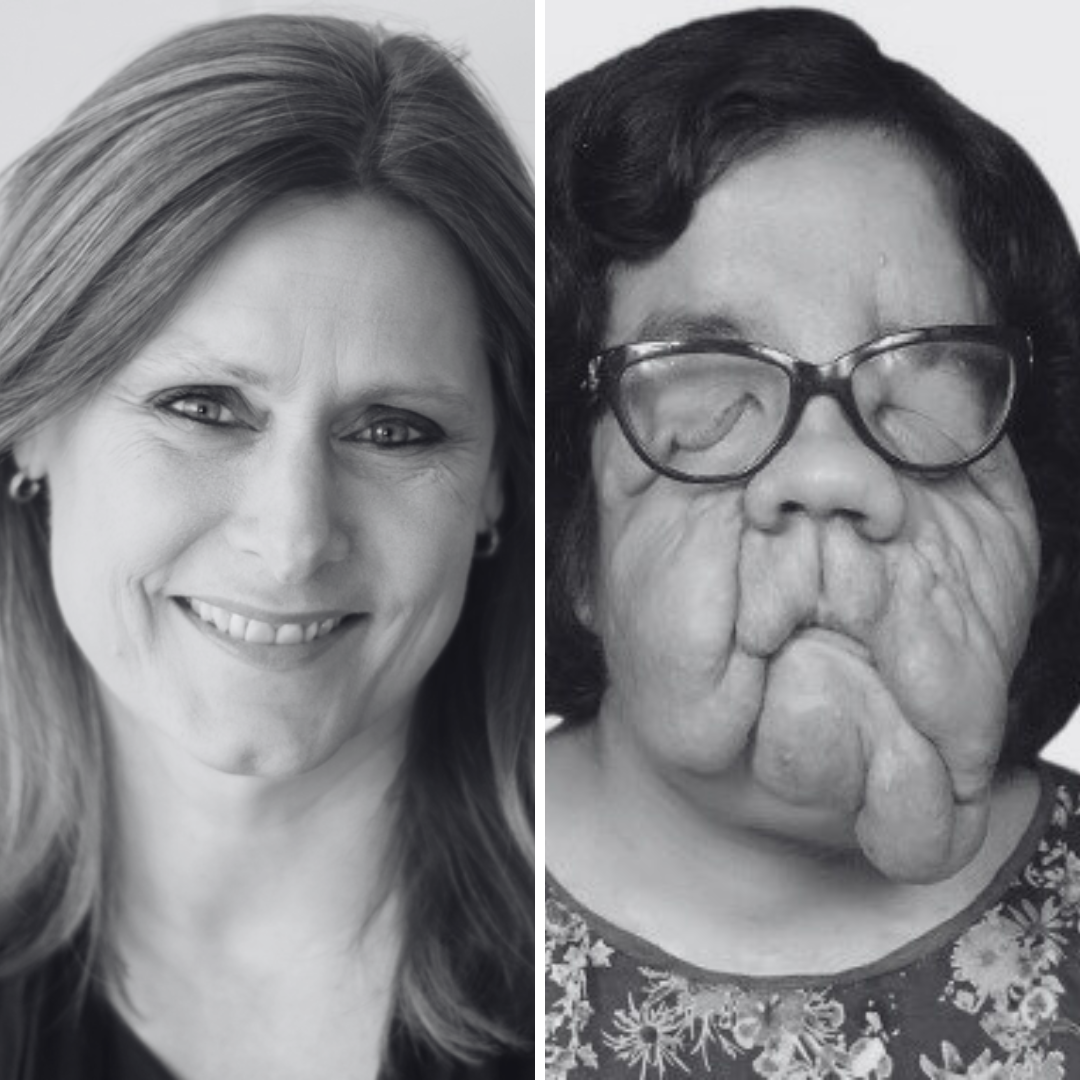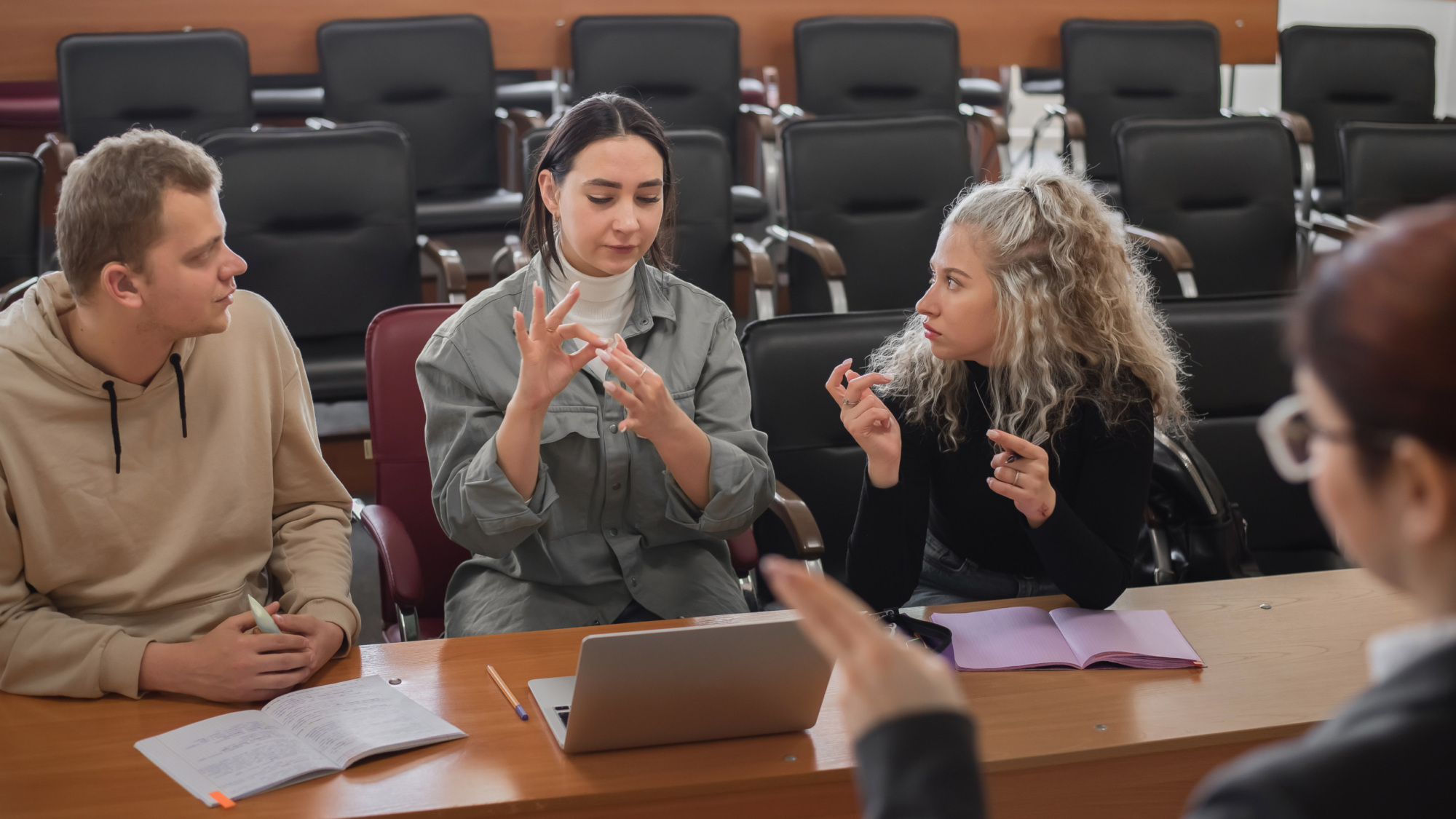
Businesses can increase their return on investment by recruiting people with disabilities

News
As the U.S. and other countries reel from a shortage of skilled workers, they are missing a way to fill the gap. The answers wait in our schools, our families, our places of worship: people with disabilities.
We’ve all noticed the Help Wanted signs. We’ve all read the headlines: “Talent shortages persist in 2023” (Forbes) … “U.S. needs to solve its skilled worker shortage to compete with China” (Bloomberg News) … “Construction workforce shortage tops half a million in 2023” (Associated Builders and Contractors).
How can the United States and other countries fill these gaps? The answers wait in our schools, our families, our places of worship: people with disabilities.
People with disabilities make up about 15 percent of the world’s population – one billion people. They form a varied and valuable talent pool that’s ready to make a difference in the workplace. Recognizing this, seven years ago the U.S. and other nations made a commitment to equality for all. The countries started working toward the United Nations Sustainable Development Goals, including equal access to employment opportunities. That’s a promise that we’ll get rid of discrimination in the workplace based on gender, age, disability or other factors.
Although we’re at the halfway point in the UN timeline, we’re far from reaching these goals. This is a good time to reflect on those possibilities and challenges because July is Disability Pride Month, declared 33 years ago. That’s when a Republican president, George H.W. Bush, signed civil rights legislation that had overwhelming bipartisan support – the Americans with Disabilities Act.
This matters deeply to both of us. One of us, Sarah Brown, chairs two nonprofit organizations, Theirworld and its Global Business Coalition for Education. These organizations are committed to making our workplaces more inclusive. The other author, Vibhu Sharma, grew up in India and battled prejudice and obstacles in the education system after losing her sight at age 10. She later completed a college degree and a master’s. Now she is an advocate for the rights of young people with disabilities.
We learn from Vibhu’s guidance. We’ve adopted accessible digital systems to make our day-today work processes more accessible. We’ve done an accessibility audit. We’ve tried to make our website and social media posts accessible to those with limited sight and other disabilities. We’ve used assistive technologies for our employees as well as our audiences.
And to overcome stereotypes, we make sure our staff receives training from experts such as Vibhu. We realize that people with disabilities are the best leaders for showing what companies need to do to make a workplace fully inclusive.
How can employers learn from our experiences? Our report, “Investing in Inclusion: Building the Business Case for Disability-Inclusive Education, Training, and Employment” recommends ways to promote equal opportunities for employees with all kinds of abilities.
A key aspect is the connection between education, employment and the consumer power of those with disabilities. Equality starts with education, because education opens the gateway to employment. Children with disabilities must have access to a high-quality education that’s inclusive.
So far, unfortunately, reality lags behind the promises. Only 29% of Americans with disabilities are employed, compared to 75% of non-disabled Americans, according to a 2018 report. Because of stigmas and stereotypes, people with disabilities are often portrayed as less productive or less capable. That’s absurd. As our two nonprofit groups work with companies around the world, we find that people with disabilities are great innovators who have learned from surmounting daily challenges.
There’s a bonus: Employees with disabilities can better respond to the needs of customers with disabilities, creating opportunities to improve service experiences, product inclusiveness and workplace culture. That’s vital for expanding consumer markets.
Hiring and nurturing the careers of people with disabilities isn’t just the right thing to do. It’s also a smart way to increase a company’s return on investment.
Sarah Brown is chair of Theirworld, an organization committed to ending the global education crisis, and executive chair of its Global Business Coalition for Education. Vibhu Sharma is a research consultant for disability and inclusion at Theirworld.

